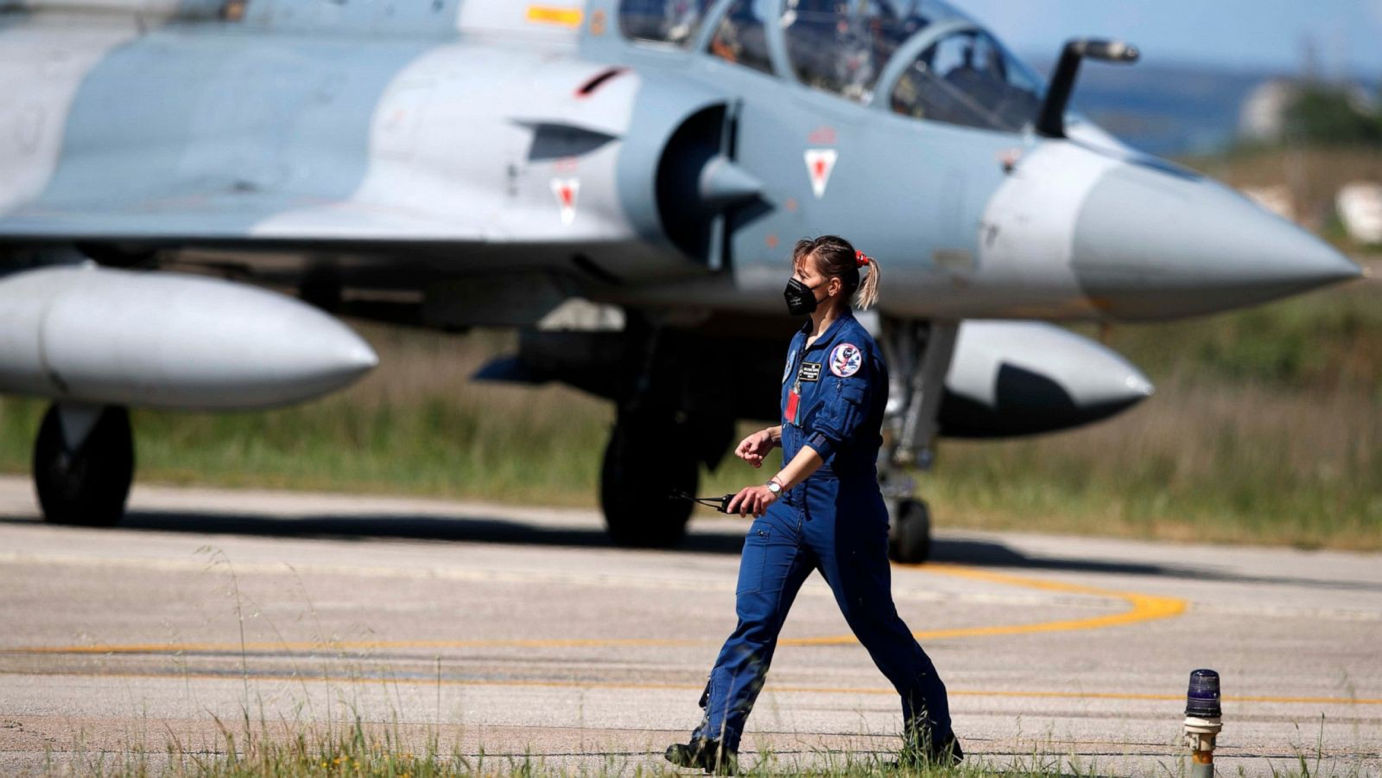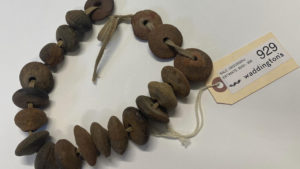Greece has vowed to expand military cooperation with traditional NATO allies as well as Middle Eastern powers in a race to modernize its armed forces and face its militarily assertive neighbor Turkey.
Prime Minister Kyriakos Mitsotakis visited an airbase in southern Greece to attend multinational military exercises joined by fighter jets from the United States, France, Israel, Spain, and the United Arab Emirates.
“We cannot be naive. We are facing a new set of threats,” Mitsotakis said, speaking in a hangar in front of aircraft taking part in the exercises. “Our world is extremely complex and our neighborhood is, unfortunately, becoming more unstable. Greece will continue to strengthen its defense capabilities and upgrade its armed forces.”
Greece spends more on defense than any other European Union country relative to the size of its economy. But it announced a major rearmament program last year following a naval standoff with Turkey over natural gas drilling rights in the eastern Mediterranean.
Under pressure from NATO allies, Greece and Turkey resumed diplomatic talks in January to try and ease the tension. Athens, however, is pressing ahead with an accelerated military upgrade program worth 11.5 billion euros over five years.
Greek officials at the weekend signed agreements worth $1.65 billion with Israel’s military and defense contractor Elbit Systems to create a new flight academy near the southern Greek city of Kalamata.
The air force has already begun overhauling its fleet of U.S.-made F-16 fighters and has placed a 2.3 billion-euro order to buy 18 French-made Rafale fighter jets, some currently in service with France’s military, along with an upgrade of compatible missiles.
Companies from five NATO allies, including the U.S., France and Britain, are also vying for a naval contract to provide new frigates.
In the wake of the crisis with Turkey, Greece has ramped up military cooperation with Israel, Saudi Arabia, and the UAE, with joint training exercises to seek stronger regional partnerships — a move strongly supported by the U.S.
“What makes (these exercises) really unique is the way in which Greece is able to build bridges between our NATO allies and key regional partners like Israel, UAE, Cyprus,” U.S. Ambassador Geoffrey Pyatt told The Associated Press, pausing as jets screamed overhead. Pyatt earlier flew in a U.S. F-16 at Andravida air base.
Greece’s annual Iniochos exercises opened to allied forces in 2015, with 2021’s participation the largest so far, involving more than 60 overseas aircraft flying over 1,000 sorties. It included 14 U.S. Air Force F-16s from the 31st Fighter Wing, Aviano Air Base, Italy. U.S. Air Force Lt. Col. Daniel “Deuce” Lindsey, commander of the 510th Fighter Squadron in Aviano, said Greek pilots used the exercise to operate in an environment that would exist following its air force upgrades. He added that the exercise also helped the United States plan and carry out missions with allies.
“We don’t really operate unilaterally. We’re always going to operate as a coalition, as a force to the maximum extent,” he told the AP. “So that means working with NATO allies, partners and partner nations to be more lethal.”
Canada also provided ground staff support, and Cyprus sent one helicopter while Austria, Egypt, Jordan, Romania and Slovenia sent observers.
Greek military officials said the exercises were broadly based on a hypothetical scenario of a regional conflict escalating into an international military confrontation.




